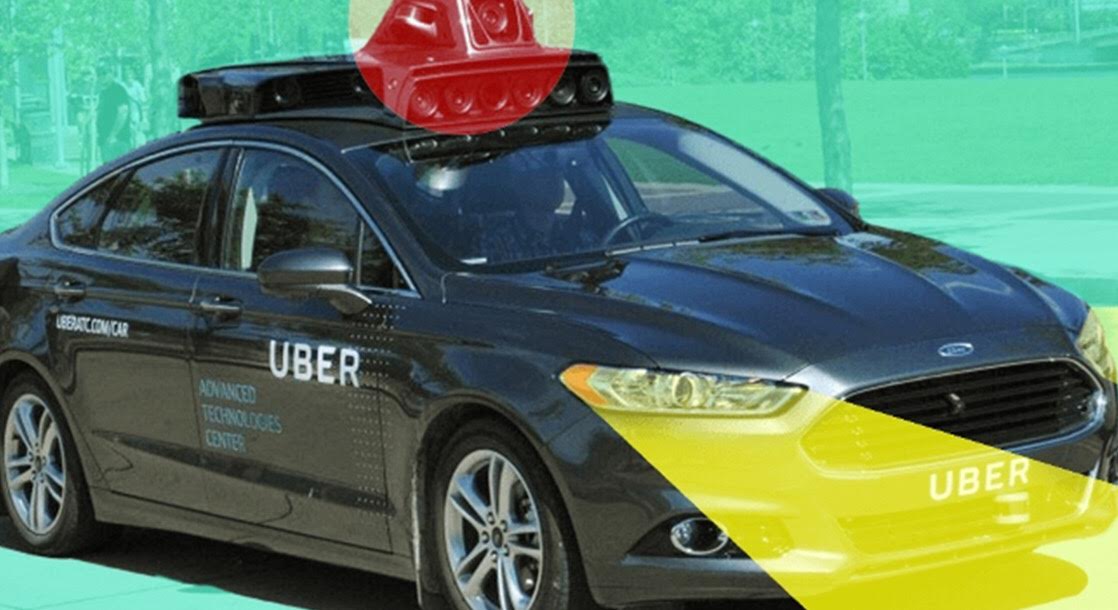You enter into the car. The car itself then states your name in robotic tongue and asks you to confirm your identity. You do. The car begins your journey. That’s the sort of Uber ride passengers might soon experience.
In just a few weeks, the rideshare startup Uber will allow customers to request self-driving cars in Pittsburgh.
Uber has long been researching robotics for autonomous vehicles to replace its more than 1 million human drivers with robot drivers as swiftly as possible.
Uber’s self-driving fleet will first consist of Volvo CX90’s sport-utility with dozens of sensors for cameras, lasers, radar and GPS receivers. Uber’s first self-driving cars will hit the road the same summer the self-driving car industry grapples with its first death.
Joshua Brown, 40, was “playing Harry Potter on the TV screen” when his Tesla slammed into an 18-wheeler. The collision took place May 7 in Florida after Brown put his Model S into autopilot mode.
Tesla admits the car’s sensor system failed to decipher a large white 18-wheel truck. The vehicle’s top was “torn off by the force of the collision.” Elon Musk tweeted condolences. The company didn’t accept responsibility, citing their autonomous cars have driven 130 million miles without incident.
“Among all vehicles in the US, there is a fatality every 94 million miles,” the statement said. “Autopilot is getting better all the time, but it is not perfect and still requires the driver to remain alert.”
The Tesla enthusiast, Brown, posted videos of his car on autopilot to YouTube, one of which showed his car avoid a crash. Brown, however, received eight speeding tickets in six years, according to the Associated Press.
Tesla released autopilot mode last October, prompting Model S drivers to post videos of the cars. Multiple YouTube videos show drivers not using hands. Musk has advised against this.
Ford, the first automaker to pick a specific year to release such a vehicle, is building by 2021 an autonomous car – without a steering wheel, gas pedal and brakes – for ride-sharing markets. It might be limited to city streets and speeds of 25-30 mph. BMW and Intel are currently working on developing their own self-driving cars, as well. Who knows, maybe your cannabis will soon delivered by an autonomous Eaze car?
In tech, it’s said that regulation follows technology; that is, technology is invented before there are regulations for said tech. Perhaps, the same can be said about ethics and technology.
“Autonomous vehicles brings up a classic moral dilemma specific to such cars,” former Bitcoin developer Jeff Garzik, founder of Bloq who believes Bitcoin is the currency of artificial intelligence, told MERRY JANE. “If, say, the car is going to hit a pedestrian, what action does the autonomous vehicle choose? To hit the pedestrian, thus sparing the lives inside the vehicle, or to try and steer around the pedestrian, possibly putting at risk the passengers in the car?”
That’s Ethics 101 for autonomous vehicles.
Enjoy that Uber ride, Pittsburgh!











